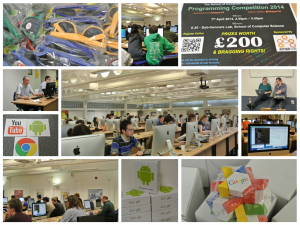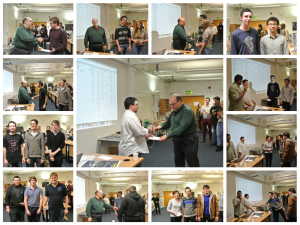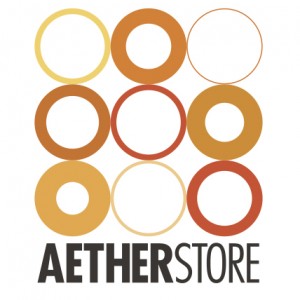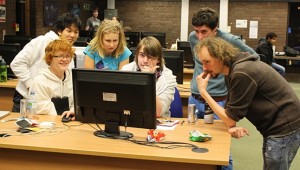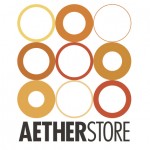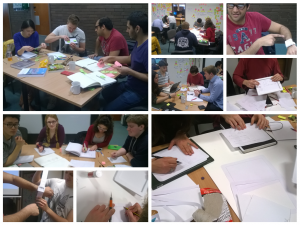Abstract: Linkage of health-related data in Australia dates back to the late 1960’s with the first inspiration coming from the United Kingdom. Since then computers have developed at a barely believable rate, and technical considerations still exist but do not pose any serious problems. Progress has been slowed by the increasing need for better privacy and confidentiality. Further complications have resulted from living in a large and diverse country ruled by several highly parochial states as well as the federal government. This presentation tells the story from a viewpoint largely based in Perth, Western Australia. In 1984 this city had a population of less than a million, and the nearest city/town of more than 20,000 people was Adelaide, more than 1,650 miles away by road. In our context, this was a benefit as much as a hindrance, and Perth has been very much the epicentre of data linkage.
Bio: After an early career in marine zoology combined with computing, John Bass has been at the leading edge of health-related data linkage in Australia since 1984. Early work on infant mortality in Western Australia resulted in a linked dataset that became the cornerstone of the Telethon Institute for Child Health Research. He then implemented the Australian National Death Index in Canberra before returning to Perth as the founding manager of the Western Australian linked health data project — the first of its kind in the country. He designed and implemented the technical system of this group, which is widely recognised as the foremost data linkage unit in Australia. John stepped aside from his position in 2000 but has continued a close relationship with the project, designing and overseeing the implementation of genealogical links and then spending several years working with state and federal government to implement the first large-scale linkage of national pharmaceutical and general practice information. This involved the development of new best-practice privacy protocols that are now widely adopted across Australia. He was a core participant in developing a detailed plan for the implementation of a second state-based data linkage unit involving New South Wales and the Australian Capital Territory. In 2008 John moved to Tasmania, where he spent four years planning and paving the way for the implementation of a state-wide data linkage unit. He is now semi-retired, but still working on new developments in data linkage technology.
Event details
- When: 13th May 2014 14:00 - 15:00
- Where: Cole 1.33a
- Format: Seminar


